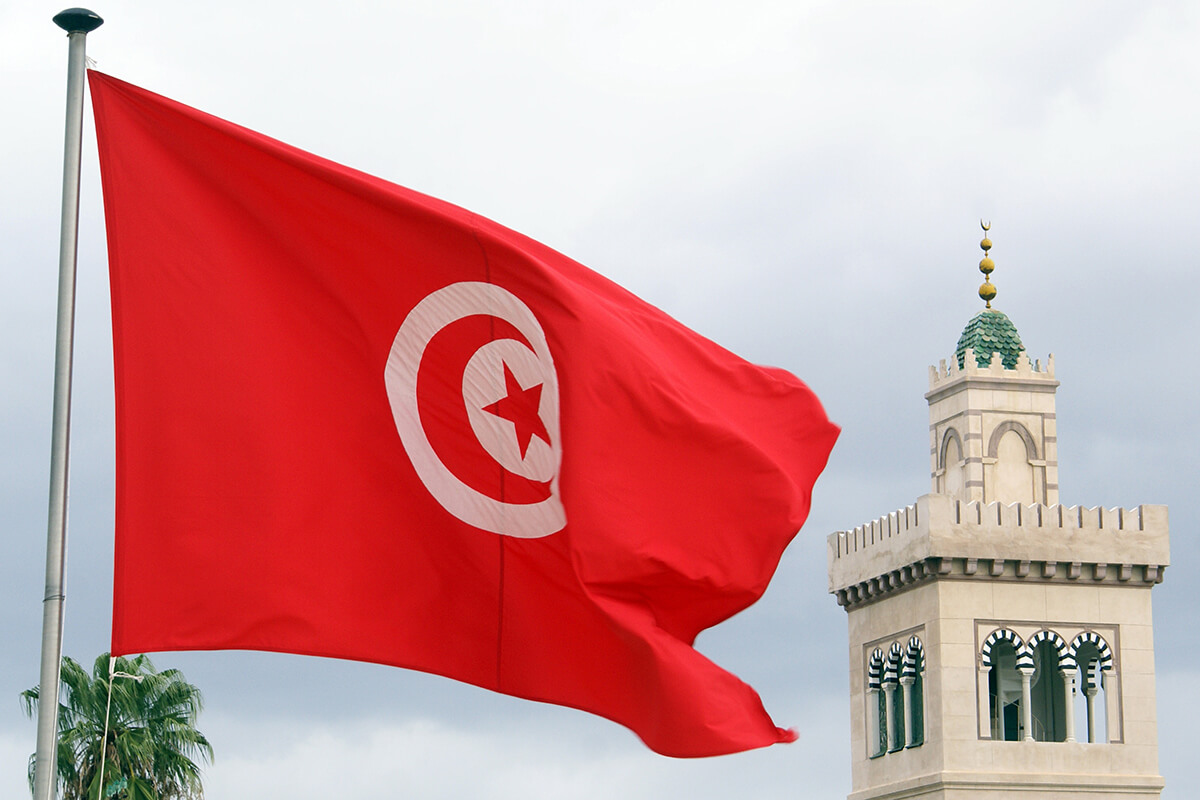Tunisia: Ennahda’s Victory
May 7, 2018 | Expert Insights

Tunisia’s Islamist Ennahda party claimed victory in the country’s first free municipal elections since the 2011 revolution. The Ennahda Movement won the local elections with 27.5% votes against the NidaaTounes party, the second largest political party of the country with 22.5% votes.
Background
Tunisia is a sovereign state in Northwest Africa. It is bordered by Algeria to the west and southwest, Libya to the southeast, and the Mediterranean Sea to the north and east. Its name is derived from its capital city, Tunis which is located on its northeast coast. Tunisia is a unitary semi-presidential republic, the only full democracy in the Arab world along with Iraq.
In January 2011, an intensive campaign called the Tunisian Revolution led to the expulsion of long time president Zine El Abidine Ben Ali. It eventually led to a thorough democratization of the country and to free and democratic elections. The protests led to the most striking wave of social and political conflict in Tunisia in three decades and resulted in deaths and injuries. The protests were triggered by the self- killing of Mohamed Bouazizi on 17 December 2010. Tunisians have voted in parliamentary and presidential elections since the fall of Zine El Abidine Ben Ali, but municipal polls have been delayed four times due to logistic, administrative and political deadlocks.
Analysis
Ennahda and NidaaTounes are also coalition partners in the national government. The coalition secured an early lead in the polls, which saw officials elected in 350 municipalities for the first time since the 2011 revolution. Tunisia’s participation in the elections is seen as a landmark on the road to social equality in the native land of the Arab Spring.
Low living standards have driven some Tunisians to make dangerous sea crossings to Europe or have provoked a few to turn to militant Islam. Tunisians say they are now disheartened with rising inflation, persistent unemployment and corruption."These municipal elections won't change anything for us. We will always be on the same cart without wheels or a horse," 34-year-old Hilma, a housewife, told AFP.
According to the election commission, voter turnout was 33.7%, a relatively low figure. Most of those who voted were elderly. The youngsters were reluctant to vote as their focus was employment. “I want a job,” said a young man who gave his name as Ramzi. “No one cared for us in the past years and we suffer from unemployment.”
One voter told Reuters after leaving a polling station “I intended to boycott, but I changed my mind at the last moment. We are facing a lot of economic problems but will continue our way in a real democracy”.
“Tunisia's ability to get itself out of economic crisis has been severely hampered by its increasing dependence on foreign loans and the conditions that come with these loans that in many ways exacerbate this very dependence,” said FadilAliriza an independent researcher in Tunis. While Morocco devotes 11% of its budget to local bodies, Tunisia allocates only 4%.
Assessment
Our assessment is that the push for democracy in Tunisia which resulted in the 2011 Arab Spring has not been able to deliver economic benefits to the people. Tunisia is currently a victim of inflation, high unemployment and corruption. We believe that the local elections will pose a major challenge of aligning voters’ expectation with how the central government decides to allocate local budgets in the country.








Comments